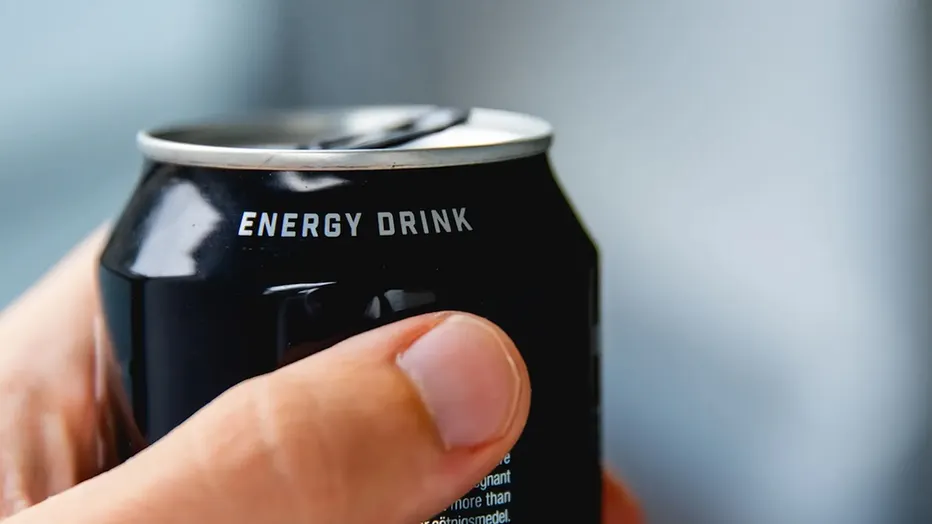Energy drinks are some of the most popular beverages on the market today. However, a recent study published in Nature and reported by People has raised health concerns. The study links taurine—a common ingredient in energy drinks and a naturally occurring amino acid found in meat and fish—to the progression of blood cancer leukaemia.
However, the research paper suggested that taurine may promote leukemogenesis — the development of leukaemia cells. It also “identifies taurine as a key regulator of myeloid malignancies”, which, like leukaemia, are cancers that begin in the blood.
The study revealed that cancer cells in mice were fueled by taurine: “Taurine supplements could significantly accelerate disease progression in immunocompetent mice (around threefold higher likelihood of death… indicating that taurine can promote leukemic progression,” People reported, quoting the research paper.
What did the study find?
According to a statement issued by the University of Rochester, which conducted the research, cancer cells consume taurine, which triggers glycolysis (breaking down glucose for energy), which then further fuels the cancer cells.
Earlier, taurine has been proven useful as a chemotherapy supplement. The Journal of Cancer Research and Therapeutics had said, as quoted by People, “Taurine supplementation could protect against chemotherapy-induced toxicities probably by its antioxidant capacity.”
Following this, researchers added a caveat regarding energy drinks in their report. “As taurine is a common ingredient in energy drinks, and is often provided as a supplement to mitigate the side-effects of chemotherapy, our work suggests that it may be of interest to carefully consider the benefits of supplemental taurine in patients with leukaemia,” they said.
What is leukaemia?
Leukaemia is a type of blood cancer that arises from the bone marrow, where blood cells are produced. It is characterised by an abnormal and rapid increase in white blood cells, which, according to health experts, can hinder the production of other healthy blood cells like red blood cells and platelets. These abnormal white blood cells, also called blasts or leukaemia cells, are not fully developed and don’t function properly.



